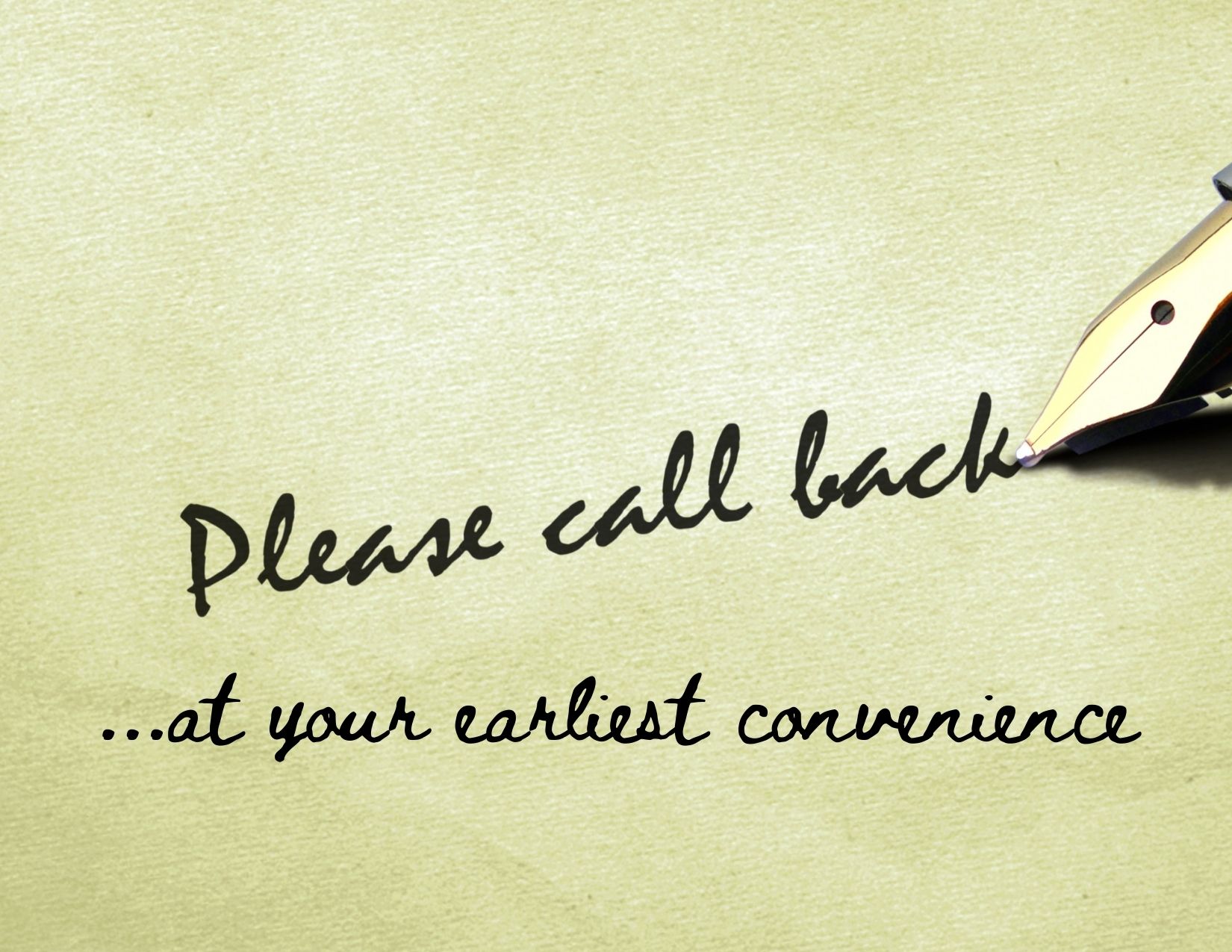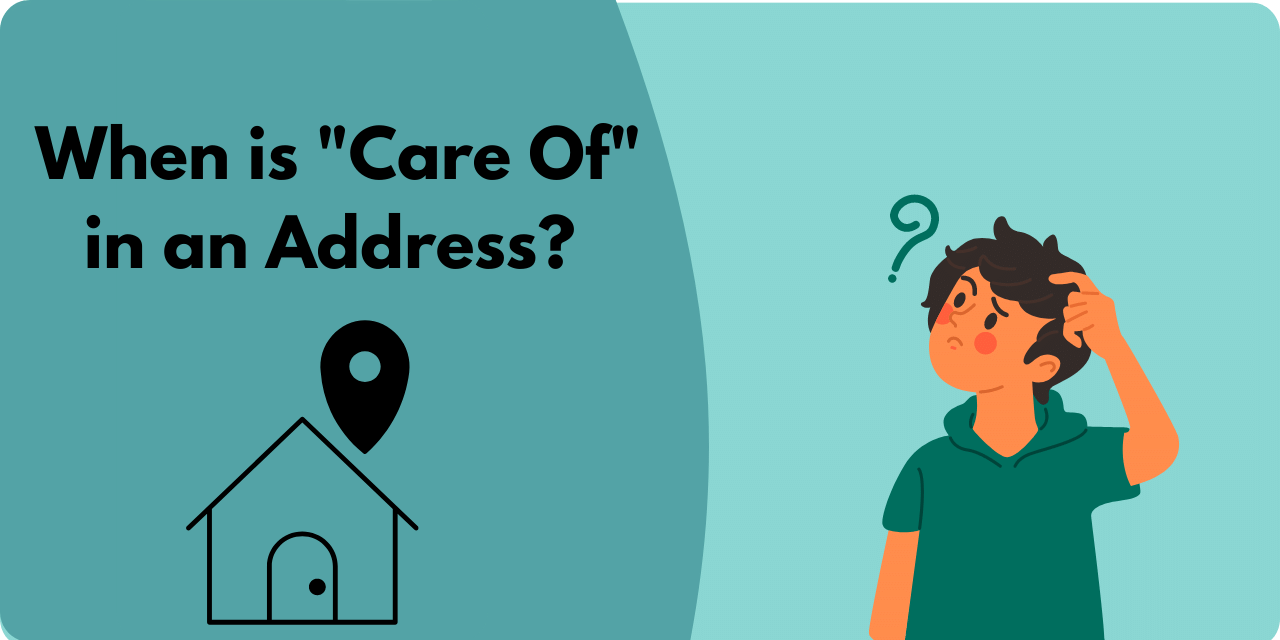Do you recognize no-win situations, where your writing is doomed to fail? Read below to keep yourself out of trouble.
Sometimes when we write, a little voice tells us the communication is going to go wrong. In business writing classes people have admitted, “I had doubts about sending that email” or “I wasn’t sure what I was trying to accomplish, but I wrote the piece anyway.” If you have had a similar experience, you need to pay attention to the small voice or vague feeling that tells you a message is going to fail. Then don’t write it.
Your writing is likely to go wrong in situations like the ones below.
1. You are worried that you will upset or offend your audience. This worry is often justified. If you believe you will upset people, you probably will. For example, if you have reduced a team’s work hours (and therefore their pay), your message will upset the team. If you are writing to an employee about her inappropriate work dress, you will offend her. To avoid a writing failure, talk in person if you can. If you cannot talk in person, use the phone.
Your spoken message will still upset or offend your audience, but you will be able to listen and respond with empathy to the individual’s or group’s concerns. You can respond instantly to questions and explain in detail, if necessary. In writing, you cannot listen, respond instantly, or explain as needed. That’s why it typically fails.
2. You are worried that you have upset or offended your reader. This worry is usually unfounded. We often think we have offended someone because we haven’t received a quick reply. We reread what we sent out and worry that it came across wrong. But 9 times out of 10, the other person simply hasn’t had time to reply or even to read your communication. Sometimes the reader did not even receive the message.
If you think you may have upset your readers, don’t dig yourself into a hole by writing a long, hand-wringing message. Just make a brief call or send a quick note to check in. Say something like this: “I just wanted to check in about my request. Please let me know if you have any questions about it.”
3. Your goal is to put someone in his or her “place.” (You want to upset or offend your reader.) Realize this is a risky, ultimately unsatisfying goal. If you achieve it, your moment of triumph will be just that—a moment, compared with the drawn-out circumstances that are likely to follow: You will lose sleep worrying that you went too far. Or you will be caught up in an email war. Or you will be branded as unprofessional or as someone who doesn’t work well with others. Or worse.
Rather than putting down the other person on paper, do it in your mind with great glee. Then move beyond the negative feelings by focusing on a goal or reward.
4. You are angry or upset. Unless you are an expert at hiding your feelings, writing when you are angry will make a bad situation worse. For example, if you receive a memo that says your budget has been cut drastically, do not reply in anger. Cool off and think about your strategy. If you have been copied on an email in which someone has trashed your proposal, don’t write anything. Retaliating or complaining to others in writing will simply make you look small and defensive. Calm down and adjust your perspective.
If you must respond promptly to a communication that angered you, try to write only an acknowledgment that you received the message and that you will reply later. Buy time to cool off.
5. You don’t have enough information to do a good job. At times you may be asked to write a report, proposal, or another piece without having essential information about the audience’s needs or your purpose in writing. Those situations are doomed. Do not write without a clear picture of your audience and your goal. Get more information.
Sometimes, however, when you believe you don’t have enough information, you may be trying to make the document too big. Make sure you are focused on just one goal. For example, if you are writing a recommendation, you don’t need to include details about the implementation. If you are writing an initial proposal, you don’t have to cover every possibility—the client can request more details.
6. The document seems pointless. When a piece of writing seems like a waste of your time, it is difficult to write it well. If a writing task seems pointless—for example, a monthly report about your past activity—talk to the person who assigned the report to you. Ask about the goal of the piece. Who is the audience? What do they need from you? Sometimes you can get agreement on a slimmed-down document that will be faster to write and more relevant.
Note to managers: If you assign routine reports, be sure you are not wasting employee time, having them count the number of flash drives they used or the type of problems they dealt with—unless you have a real need for the information and will do something with it. Routine reports are huge time eaters, and they often undermine employees’ ability to focus on results.
7. You are trying to reconnect or enhance your relationships. If your purpose in communicating is to build relationships, ask yourself if writing is the best way to reach your goal. Everyone has too much to read. An email focused on selling your product is not likely to bring a smile to your reader—it’s just another solicitation. If a piece doesn’t give your reader something of value, it will fail.
On the other hand, written congratulations, condolences, thank-yous, tips, resources, coupons, and incentives will help your clients, customers, employees, and others feel good about working with you.
8. You are behaving badly, or in a way that others will view negatively. Everyone has heard of CEOs, directors, managers, senators, and others who have put in writing blatant, embarrassing evidence of their bad behavior. Follow this rule: If you are worried that people other than the intended reader may find what you have written, don’t write it. Even a wisecrack that seemed funny at the time can look damning when distributed widely or published in a newspaper.
Remember, documents and messages last forever. Only write pieces that present you as the successful, cooperative, positive person you strive to be.
I’m leaving on vacation soon (to see the sights and visit the museums in Washington, D.C.), but I look forward to reading your reaction to these ideas when I return on April 11. Please share your thoughts.
Lynn






